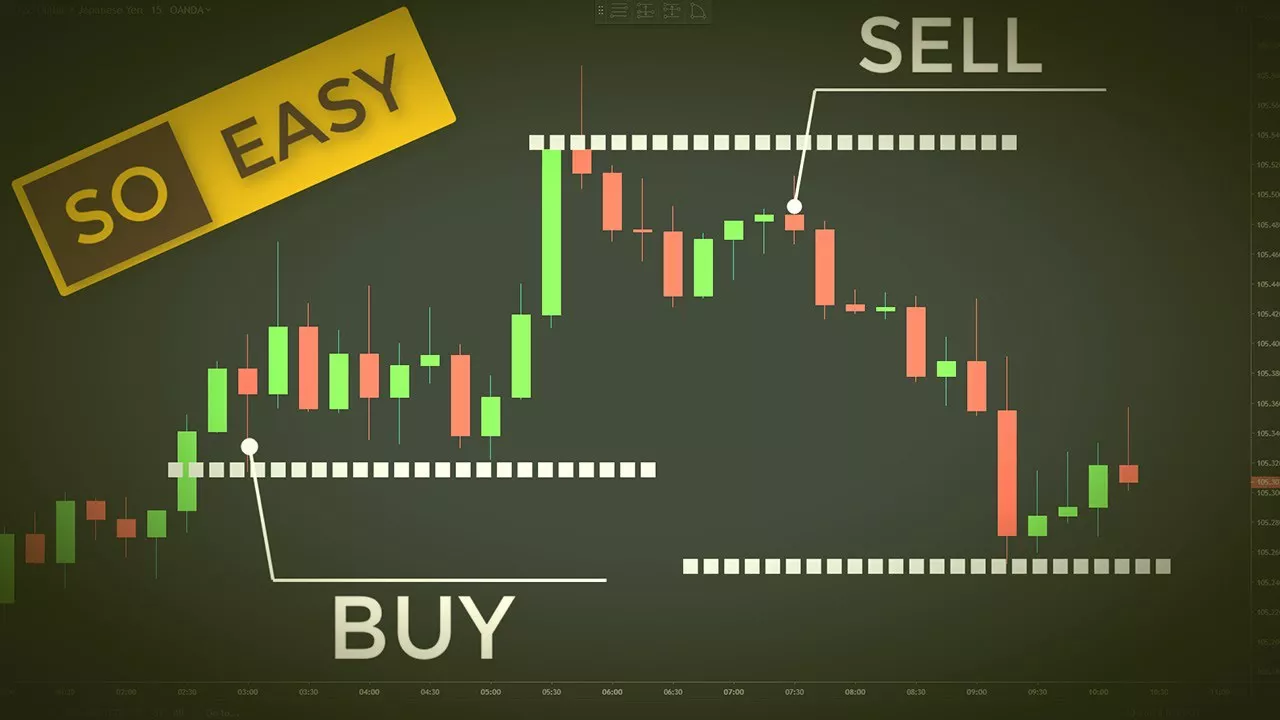Crude oil is one of the most traded commodities in the world. Its price affects economies, energy costs, and global markets. Understanding the spot price of crude oil is crucial for investors, traders, and anyone involved in the energy sector. This article will explore what the spot price of crude oil is, how it is determined, its significance, and the factors that influence its fluctuations.
Understanding the Spot Price
Definition of Spot Price
The spot price is the current market price at which a particular commodity can be bought or sold for immediate delivery. In the case of crude oil, it refers to the price of oil that is available for immediate purchase and delivery. This price reflects the value of crude oil at a specific moment in time.
Comparison with Future Prices
Spot Price: This price is for immediate delivery. It is determined by current market conditions and reflects the demand and supply for crude oil.
Futures Price: This price is for oil to be delivered at a specified future date. Futures prices are influenced by various factors, including expectations about future supply and demand, geopolitical events, and market speculation.
Understanding the difference between spot and futures prices is crucial for investors looking to engage in the oil market.
How the Spot Price of Crude Oil is Determined
Market Supply and Demand
The spot price of crude oil is primarily driven by supply and demand dynamics. Several factors influence these dynamics:
Global Oil Production: Countries that produce crude oil, such as the United States, Saudi Arabia, and Russia, significantly impact global supply levels. If production levels increase, the supply rises, which can lower prices. Conversely, if production decreases, prices may rise due to limited availability.
Consumption Patterns: Global consumption of oil affects demand. During periods of economic growth, demand for oil typically increases as industries and consumers consume more energy. Conversely, during economic downturns, demand may decline, leading to lower prices.
Geopolitical Events
Geopolitical events can have a significant impact on the spot price of crude oil. Events such as political instability in oil-producing regions, trade disputes, and conflicts can disrupt supply chains and affect production levels. For example, tensions in the Middle East often lead to concerns about supply disruptions, driving up prices.
Market Speculation
Traders and investors in the oil market often speculate on future price movements. Speculation can be driven by various factors, including economic indicators, inventory reports, and analyst forecasts. If traders believe that prices will rise in the future, they may buy crude oil contracts, which can push the spot price higher.
Currency Exchange Rates
Crude oil is typically priced in U.S. dollars. Therefore, fluctuations in the value of the dollar can impact the spot price of oil. When the dollar strengthens against other currencies, oil becomes more expensive for countries using those currencies, potentially reducing demand. Conversely, a weaker dollar can make oil cheaper for foreign buyers, increasing demand.
Storage and Transportation Costs
The costs associated with storing and transporting crude oil also influence its spot price. If storage facilities are at capacity or transportation logistics are disrupted, the spot price may rise due to limited availability.
Significance of the Spot Price of Crude Oil
Economic Indicator
The spot price of crude oil serves as an important economic indicator. Changes in oil prices can signal shifts in global economic conditions. For example:
High Oil Prices: Rising oil prices may indicate increased demand due to economic growth. However, they can also signal inflationary pressures, which may affect consumer spending and economic stability.
Low Oil Prices: Declining oil prices may suggest weaker demand or oversupply, potentially indicating an economic slowdown.
Impact on Industries
The spot price of crude oil has a direct impact on various industries, including:
Transportation: Airlines, shipping companies, and trucking businesses rely heavily on fuel. Rising oil prices can increase operating costs, which may lead to higher prices for consumers.
Manufacturing: Many manufacturing processes require energy, often derived from oil. Higher oil prices can lead to increased production costs, affecting profit margins.
Energy Sector: Oil companies closely monitor spot prices to determine profitability. Fluctuations can impact exploration, drilling, and production activities.
Investment Decisions
For investors and traders, understanding the spot price is crucial for making informed investment decisions. Spot prices can influence:
Commodity Trading: Traders may buy or sell crude oil based on current prices to capitalize on market movements.
Stock Prices of Oil Companies: The performance of oil companies is often tied to the spot price of crude oil. Higher prices can lead to increased revenues, impacting stock valuations.
See Also: What Are the Different Grades of Crude Oil?
Factors Influencing Fluctuations in Spot Price
Seasonal Demand
Seasonal demand patterns can influence the spot price of crude oil. For instance, during winter months, demand for heating oil may increase, leading to higher prices. Similarly, summer driving seasons can boost gasoline demand, impacting crude oil prices.
Economic Data Releases
Economic data releases, such as employment reports, GDP growth, and manufacturing activity, can affect market sentiment and influence oil prices. Strong economic data may lead to increased demand expectations, driving prices up.
Inventory Levels
The U.S. Energy Information Administration (EIA) and other organizations regularly report on crude oil inventory levels. Rising inventories may signal oversupply, leading to lower prices, while declining inventories may suggest tightening supply, pushing prices higher.
OPEC Decisions
The Organization of the Petroleum Exporting Countries (OPEC) plays a significant role in influencing global oil supply and prices. Decisions made by OPEC to cut or increase production can have a profound impact on the spot price of crude oil.
Technological Advances
Technological advancements in oil extraction, such as hydraulic fracturing and horizontal drilling, have increased supply from previously inaccessible reserves. These innovations can lead to shifts in the supply-demand balance and impact prices.
How to Track the Spot Price of Crude Oil
Financial News Websites
Many financial news websites provide real-time updates on the spot price of crude oil. Websites like Bloomberg, CNBC, and Reuters offer up-to-date information and analysis.
Commodity Exchanges
Crude oil is traded on commodity exchanges, such as the New York Mercantile Exchange (NYMEX) and the Intercontinental Exchange (ICE). These exchanges provide information on current spot prices, trading volumes, and futures prices.
Market Data Platforms
Investors can utilize market data platforms and brokerage accounts to access real-time information on crude oil prices. Many platforms offer advanced charting tools and analytics to help investors make informed decisions.
Mobile Applications
Numerous mobile applications track commodity prices, including crude oil. These apps provide real-time updates and alerts, allowing users to stay informed about market movements.
Conclusion
The spot price of crude oil is a critical component of the global economy. Understanding its definition, determination, significance, and the factors that influence its fluctuations is essential for investors, traders, and anyone involved in the energy sector.
Crude oil prices impact various industries, economic conditions, and investment decisions. By staying informed about the spot price and the factors affecting it, individuals and businesses can make better decisions in an ever-changing market.
Investing in crude oil or related assets requires careful consideration and understanding of market dynamics. As the global landscape continues to evolve, keeping an eye on the spot price of crude oil will remain essential for navigating the complexities of the energy market.
Related topics:


































